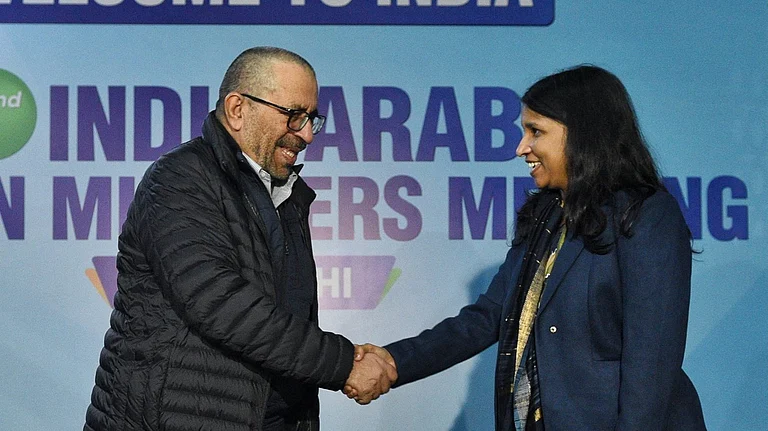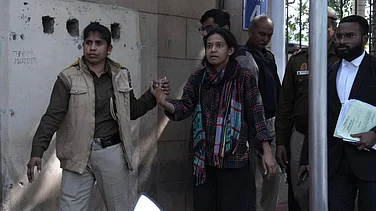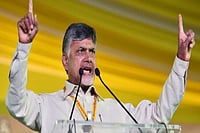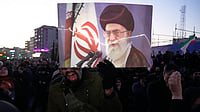
- High-level visits are adding momentum to the discussions.
- The upcoming roundswill tackle complex issues such as technical trade barriers, sanitary standards, rules of origin, public procurement, market access, and digital trade logistics.
- These discussions follow a phone call on September 4 between Prime Minister Modi and EU leaders.
New Delhi is hosting the 13th round of Free Trade Agreement (FTA) negotiations between India and the European Union, with hopes of finalizing the deal by year-end.
High-level visits are adding momentum to the discussions. EU Trade Commissioner Maros Sefcovic and Agriculture Commissioner Christophe Hansen are in Delhi to inject political energy and help advance negotiations that have already closed 11 out of 23 policy chapters, including areas like digital trade, competition, and IP. Agreement on capital movement is also nearing completion.
The upcoming rounds — 13th in Delhi and 14th in Brussels (from October 8) — will tackle complex issues such as technical trade barriers, sanitary standards, rules of origin, public procurement, market access, and digital trade logistics.
India has held firm on sensitive sectors, excluding rice, sugar, and dairy from negotiations. In return, the EU is seeking improved access for autos and spirits. The bloc is also open to expanding exports of aquaculture products like shrimp, in response to recent U.S. tariff hikes.
These discussions follow a phone call on September 4 between Prime Minister Modi and EU leaders, who urged an accelerated conclusion to the FTA. The deal also aligns with preparations for the 2026 India–EU Summit, and is closely linked to the upcoming presentation of a new strategic agenda by the EU on September 17.
Parallelly, engagement on counterterrorism and Indo-Pacific cooperation continues — highlighted by Brussels-hosted dialogues this week — and Foreign Minister Jaishankar is set to participate in the Indo-Pacific Forum there on November 9–10. A ministerial session of the India–EU Trade and Technology Council (TTC) is also being planned to bolster collaboration across AI, quantum computing, biotech, defence, and more.

























